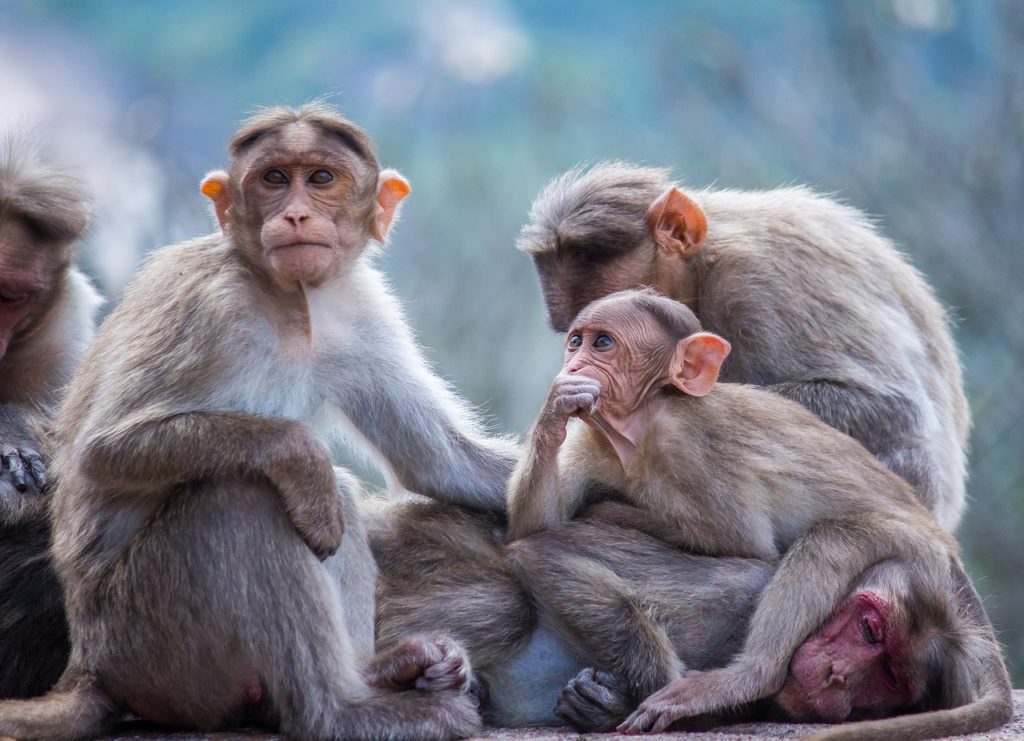
by Laura K. Secor
Hello my friends,
Today’s entry is based on “The Daily Stoic” by Ryan Holiday, a collection of 366 short meditations. Each entry starts with a quote from one of the Stoic philosophers of antiquity, and then follows with a brief reflection on the quote. I will say a few words about the Stoic philosophers, quote the entry for July 8, then reflect on the reflection.
First let me introduce the main actors. The Big Three all hail from ancient Rome. First is Epictetus, a former slave to triumphed to become an influential lecturer and friend of the emperor Hadrian. Second is Seneca, a famous playwright and political advisor. Third is Marcus Aurelius, the philosopher king. Together they created a philosophy which asserts that virtue (the four cardinal virtues of self-control, courage, justice and wisdom) is the same as happiness. It is our perceptions of things – rather than the things themselves – that cause us to lose sleep. Stoicism teaches that we can’t control or rely on anything outside our own personal “reasoned choice.”
They framed their work through three disciplines.
The Discipline of Perception (how we see the world around us)
The Discipline of Action (the decisions we make)
The Discipline of Will (how we deal with the things we cannot change, how we come to understand our place in the world).
These call to my mind the Eight Paths of the Buddha, the Discipline of Right Speech, the Discipline of Right Action, and so forth.
“Stop Monkeying Around.”
“Enough of this miserable, whining life. Stop monkeying around! Why are you troubled? What’s new here? What’s so confounding? The one responsible? Take a good look. Or just the matter itself? Then look at that. There’s nothing else to look at. And as far as the gods go, by now you could try being more straightforward and kind. It’s the same, whether you’ve examined these things for a hundred years, or only three.” Marcus Aurelius.
“Character,” Joan Didion would write in one of her best essays, “the willingness to accept responsibility for one’s own life – is the source from which self-respect springs.”
Marcus is urging us not to waste time complaining about what we haven’t got or how things have worked out. We have to quit monkeying around and be the owners of our own lives. Character can be developed, and when it is, self-respect will ensue. But that means starting and getting serious about it. Not later, not after certain questions have been answered or distractions dealt with, but now. Right now. Taking responsibility is the first step.
To be without this character is the worst of all fates. As Didion put in in “On Self-Respect,” “To live without self-respect is to lie awake some night, beyond the reach of warm milk, the phenobarbital, and the sleeping hand on the coverlet, counting up the sins of commission and omission, the trusts betrayed, the promises subtly broken, the gifts irrevocably wasted through sloth or cowardice or carlessness.”
You’re so much better than that.
I find Ryan’s pep talk so inspiring. We’ve all had such a difficult time these last few years, and it can be easy to get caught up in the negative, to give into despair. But Ryan, drawing from Marcus Aurelius and Joan Didion, encourages us to look beyond the external circumstances. Or maybe to look beneath the circumstances, to our own inner lives. While the externals can feel endlessly challenging, there is an entire playground inside our heads, a whole universe of possibility, of pretend and make-believe.
I’ve been wanting to write a fantasy novel for the past few years, and after an enthusiastic start several years ago, I found myself failing to work on it. Each weekend would find a new distraction, a new excuse. Underneath all those excuses was a worry that the world was too serious for a fantasy. With so much heaviness in the world, it felt like an unacceptable indulgence, this desire to engage in make-believe. The story was about how practicing music can make people want to live without numbing out through alcohol. I threw in a little Brazilian magic to spice it up, and some cross-dressing for additional flavor. It was a romp, and I started to worry that this was not a world for romping in.
But Marcus, Joan and Ryan all encourage us to realize that the world between our ears is a resource, a park, a wild forest, unclaimed territory that can become whatever we choose to make of it. I recently saw an essay by a science fiction writer encouraging all of us to write our fantasy stories. She says, imagining a better world is actually very good medicine for counteracting the ills of the Real World.
So actually, I believe it’s time to START monkeying around!
